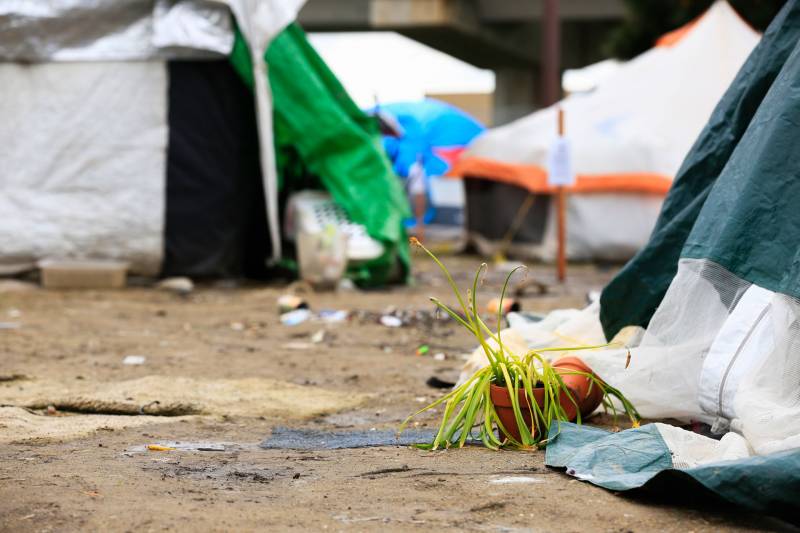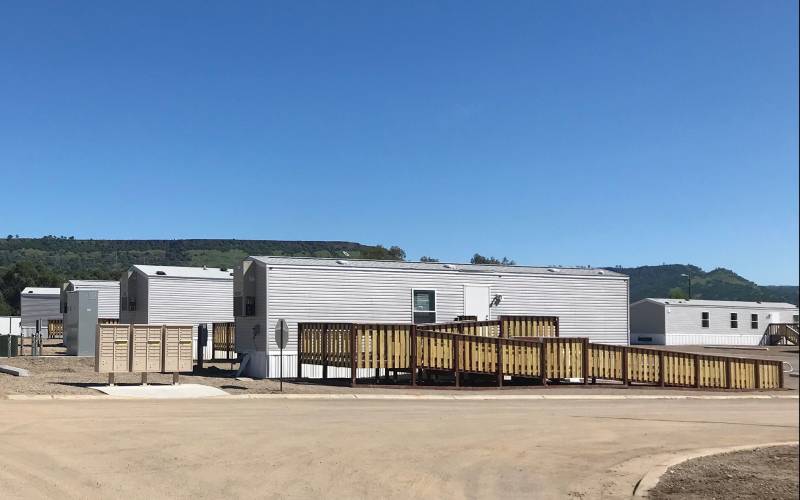The Federal Emergency Management Agency (FEMA) could be called to house people experiencing homelessness under a proposed federal bill introduced Tuesday in the House of Representatives.
The bill, by Democratic Central Valley Rep. Josh Harder, would allow governors to request that the president declare a homelessness emergency if there has been an increase in the homeless population in their state. An emergency declaration would then allow FEMA to provide emergency assistance.
Homelessness rose 16% in California between 2018 and 2019, according to the federal Department of Housing and Urban Development, which conducts a survey of homeless populations on one day in January each year. On that day last year, volunteers counted 151,278 people sleeping outside, in their cars or RVs and in shelters across California — a number that represents more than a quarter of the nation’s homeless population.
Harder introduced the bill, called the Homelessness Emergency Declaration Act, because he said homelessness should be treated with the same urgency as a natural disaster, such as the wildfires that ripped through Santa Rosa and Napa in 2017 or Paradise and Magalia in 2018.


